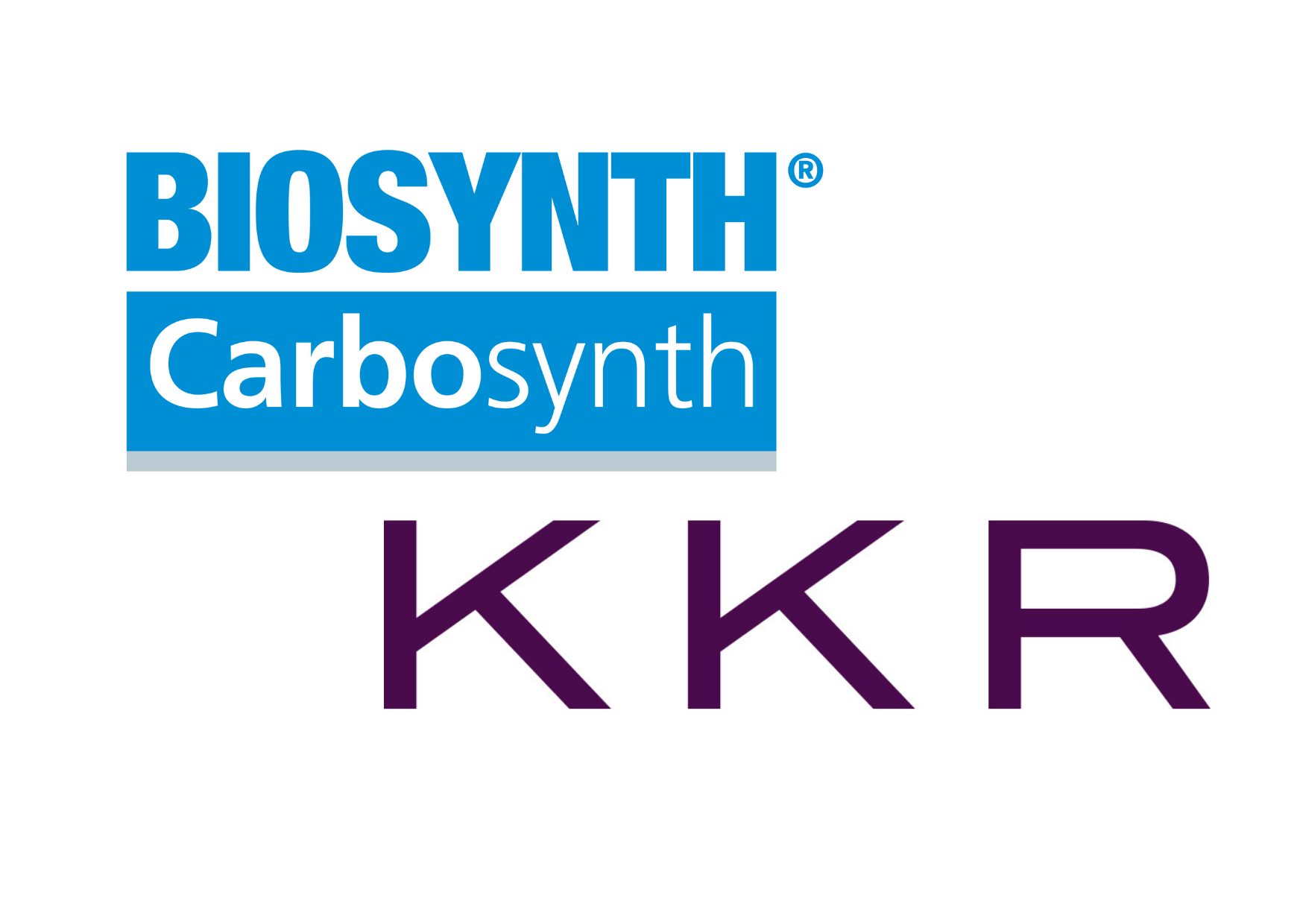ESG – An investment touchstone made real by Covid-19?
Roger Green • October 27, 2020
Could a renewed focus on Environmental, Social and Governance (ESG) be the start of a 'green recovery'?

Ethics and economics have not always moved in lockstep in the world of business investment.
This is set to change for good in the chemical industry with a renewed focus upon environmental social and governance (ESG) factors. There are two principal drivers of rapid change in the chemical industry, the first comes from a perhaps unlikely source: the Covid 19 pandemic. Whilst causing economic damage the crisis has unleashed a wave of government fiscal support and this concerted government action brings a greater ESG oversight than might be the case otherwise, with governments focusing on a green recovery (1) post Covid. A second, industry specific driver of change derives from a perceived weak performance, specifically in terms of carbon intensity and plastics waste, which pose an existential threat to sectors of the industry and make change an imperative.
Ethical and ESG investments have outperformed the wider market in recent years(2), a trend that is both heartening to see and expected to continue. Indeed, if further evidence were needed, it appears that the converse applies. Taking the tobacco industry as an example of a sector which would fail most ethical screening tests, stable, often robust financial performance over the past three years, including great resilience during the pandemic, has been ‘rewarded’ with a near halving of enterprise value for a number of the majors.
Turning to the chemical sector, we see change afoot. Global majors are not always the most agile of corporations, however we should certainly take note of the announcements by Unilever and BP. Oil major BP set out an ambition of ‘net zero by 2050’ and consumer goods leader Unilever has pledged to replace all fossil carbon in its cleaning and laundry product formulations with renewable or recycled carbon by 2030. It is likely that these announcements will be looked back upon as the point of inflection at which the industry dynamic changed for all time.
As consumer sentiment swings relentlessly towards increased awareness of environmental performance, major corporations are enshrining these principles in their business objectives. It is therefore essential that chemical industry players and investors alike align business models with the changes that are set to sweep through the sector.
We can identify three key axes which are going to play a prominent role in the transformation of the sector, namely decarbonisation, biotransformation, and circularity. The themes are not exclusive; indeed, they are neatly circular themselves with biotransformation of (circular) waste leading to decarbonisation, for example.
At CCD Partners we have seen and increasing appetite for transactions built on sustainable technologies and some really exciting technologies built on biotransformation and decarbonisation.
Whilst there are no certainties in investment, catching the Zeitgeist of outstanding ESG credentials whilst swimming with the ‘green recovery’ tide provides a very sound foundation for success in the post-Covid era.
(2) Majority of ESG funds outperform wider market over 10 years. Siobhan Riding, Financial Times, June 13 2020.
CCD Partners is a consultancy specialised in corporate transformations in small and mid-market chemicals and life sciences businesses.
To organise a call with one of our partners please email contact@ccdpartners.com
Receive M&A news relevant to your business
At critical moments our clients engage us to provide pre-publicity "off-market" intelligence to give them the edge over the competition - we also provide up-to-the-minute public or "on-market" intelligence for free
Contact Us
RECENT POSTS

In the latest episode of the Chemical Transformations podcast , CCD Partners' Managing Partner Matt Dixon speaks with Ted Clark, former President and CEO of Royal Adhesives & Sealants, discussing his new book "Shipping Clerk to CEO: The Power of Curiosity, Will, and Self Directed Learning”. The book tells the story of Clark’s remarkable career journey from entry-level worker to CEO of a $240m chemical company by the age of 42.

Biosynth Carbosynth is a fully hybrid Research Products, Life Sciences Reagents and Custom Synthesis and Manufacturing Services Company with global research, manufacturing and distribution facilities. They are the supplier of choice for many in the pharmaceutical, life science, food, agrochemical, cosmetic and diagnostic sectors and manufacture and source a vast range of chemical and biochemical products.

Steve Allin co-founded Charnwood Molecular with Phil Page in 1998. 22 years later, the business has evolved dramatically from its origins as a spinout of Loughborough University. Backed by a partnership with Synova Capital, the company is now preparing to move into a former AstraZeneca research facility and has already completed its first M&A deal, acquiring Aurelia Bioscience in summer 2021. CCD Partners’ Matt Dixon spoke with Steve about the journey from full-time academia to running a high-growth market leader.








